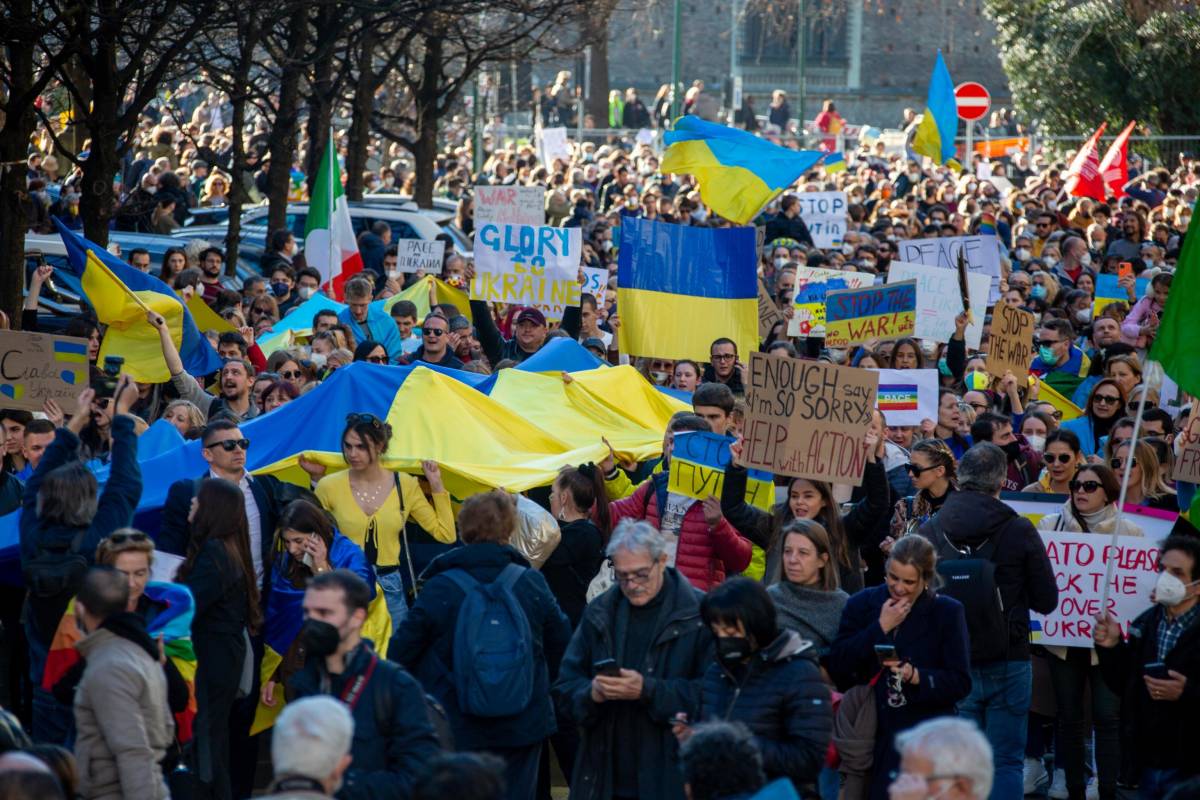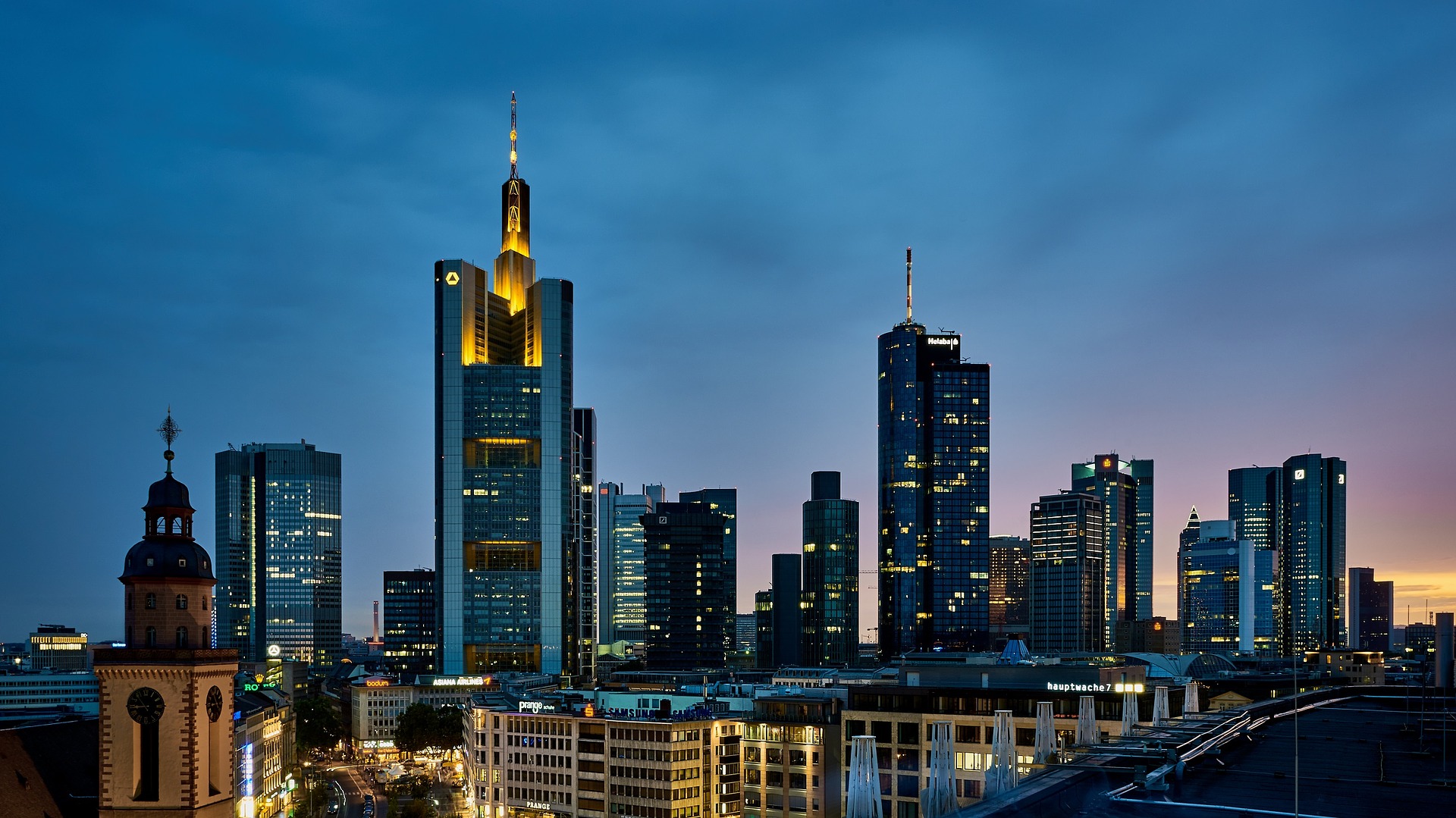“It’s never been more essential for CEOs to have a consistent voice, a clear purpose, a coherent strategy, and a long-term view. Your company’s purpose is its north star in this tumultuous environment”, wrote Larry Fink, the CEO of BlackRock, in his 2022 letter to chief executives. “[Stakeholders] don’t want to hear us, as CEOs, opine on every issue of the day, but they do need to know where we stand on the societal issues intrinsic to our companies’ long-term success”.
These words were published a few weeks before Russia’s invasion of Ukraine, and sound incredibly fitting. Businesses have been greatly waving their contribution to the resolution of major global issues – but in most cases corporate activism was about climate change, societal problems, human rights. Take sides in a war was probably out of most radars.
As soon as the conflict burst in Ukraine, many companies expressed concern and are now acting for the safety of their employees, with relief plans and financial aid to support NGOs and emergency bodies operating onsite and in neighboring countries. Their commitment is surely appreciated, but there is a more challenging question: will you continue to do business in Russia or not?
Companies are pressed from their clients, investors, and even from their employees. Showing dismay is not enough. External and internal stakeholders ask for a clear, immediate position, moving far beyond corporate statements or social media posts.
IKEA was among the first companies to announce its decision to pause operations in Russia and Belarus . Lists of companies leaving Russia are publicly available – see Yale University’s Chief Executive Leadership Institute tracking or the Ukraine Corporate Index by The Good Lobby and Progressive Shopper – and point an accusing finger at organizations with significant exposure in Russia which haven’t yet stopped operations or commented.
The delay in speaking out dilutes the sincerity of the response and its impact. Of course, the decision of leaving or staying is made of many different elements and crisis management expert Edward Segal explained there may be different reasons behind a slow response. Some business leaders may have a wait-and-see approach or be overwhelmed by internal hurdles. Some may have concerns over the safety of employees remaining in Russia, who could face retaliation, or fear the impact on local supply chains and satellite activities. Some don’t want to set expectations for withdrawal amid other present and future conflicts around the world.
But today corporate activism is about this – experts say the number of businesses leaving Russia has the potential to have a real impact on the escalation of events, especially if more continue to follow those who have divested or exited.
“There isn’t a both-sides anymore”, titled Forbes quoting professor Jeffrey Sonnenfeld from Yale University. “We all want to live in peace, but we can’t be neutral”, wrote Luciano Fontana, chief editor at Corriere della Sera.
In these shattering times, companies are on a steep learning curve as far as corporate activism is concerned. Decisions and related communications aren’t easy at all, and backlashes are to be considered. “One thing is certain – we read on Financial Times – not engaging in political, social and moral issues is no longer an option”.




